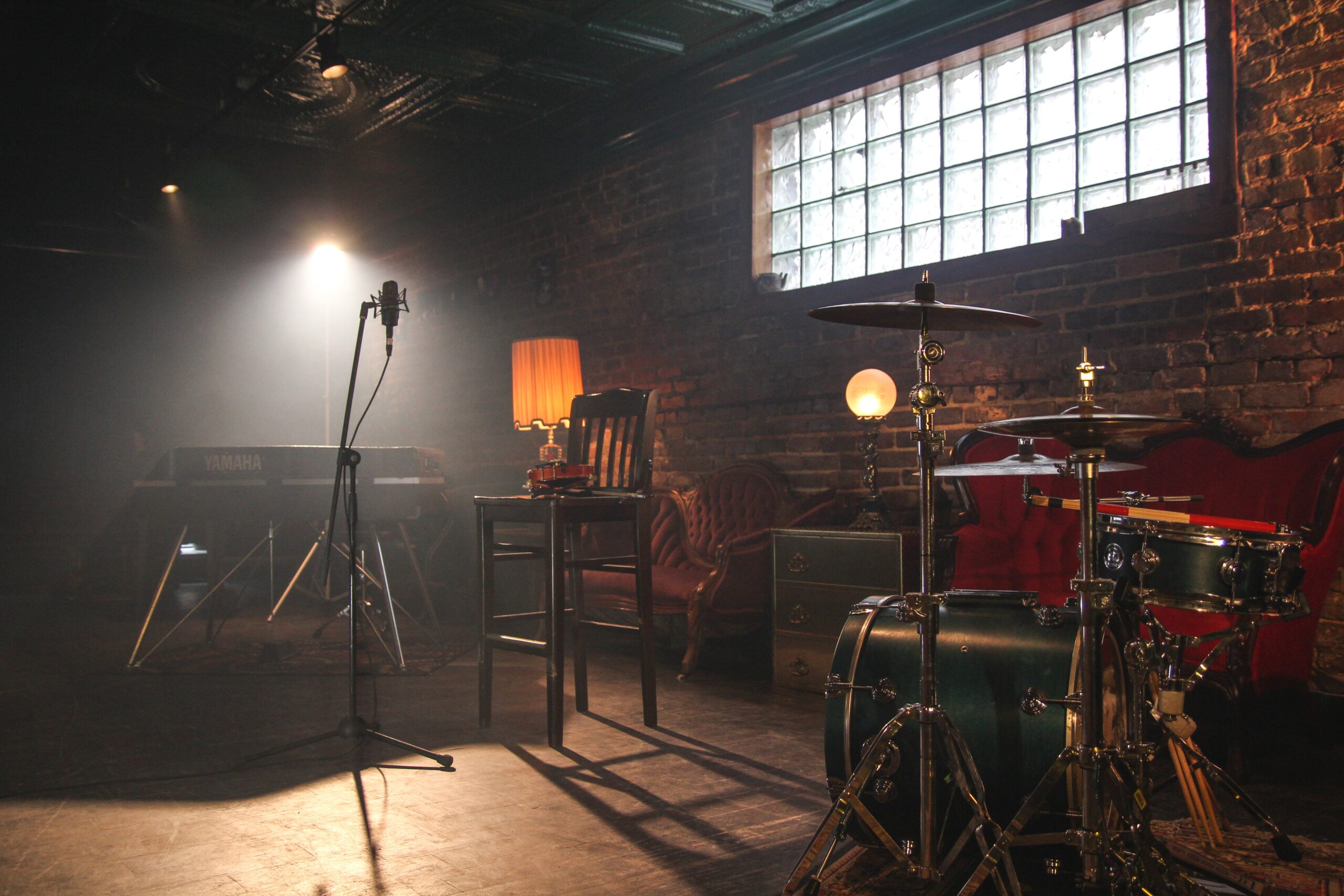Maybe the odes are better. I put down one poet and open another. There are purselets and a creamy moon. Silver crowns. A bloodhound. Much better.
The house is quiet. Everyone asleep still. Daughter. Son. Husband. The only sound, the only movement comes from me in the kitchen corner with the starless, moonless bay window, whose glass is dark with the dregs of night, and whose surface shows the table and the oven and me hunched over my books and notebook.
My son’s friend Caleb has died. We cried when we heard the leukemia diagnosis, but then felt hopeful after reading the survival rates on the Internet. How treatment can push the cancer into remission. Remission was something I imagined as a secret room in the hidden tundra of the body whose door only opens from the inside.
I’ve been talking aloud to myself this morning. A habit I like.
The heat kicks on and the oven clicks deep in a coil somewhere, hard at work toasting bread for my children’s breakfast. We don’t own a toaster.
I didn’t know Caleb nor did I know his parents. My son cried only a little when we read the obituary. Much less crying than when he heard the diagnosis. He went to his room that evening and then left on his skateboard for a while.
But I closed myself in the guest bathroom, removed my clothes and sobbed in the shower. I couldn’t stop thinking of the parents walking into their son’s room and holding his things. A scene I’d watched my own parents perform after my brother died.
My children know about my brother—gone long before they were born—but they do not know the details of his death. I’ve told them both he had an accident with a gun, and only my son is starting the catch on to the fact that the accident was really an intention.
My brother’s classmates filled the graveyard during his burial. Some of them left notes for my parents on his headstone and drumsticks because he had been a drummer in the marching band. In a welding class, one of his friends made a metal cross with bars shaped like drumsticks. He gave it to my parents.
The obituary said Caleb towered over his mother by age 10, a feat my son has only now reached at age 12.
Soon the sun will rise. The light will hit the trees and all the birds will come online again. I write in my notebook while I can. Before I have to dress for work and gather my things and warm the car.
It’ll be cold today, I say aloud. I can feel the chill through the floor, the draft of early morning through the windows.
I write about myself at age 12. Still a child within the warm shape of a family and like bright magma those memories come up.
Red windsock hanging from the windowsill. All the decorations of girlhood pushed into the closet. Pink flamingos, Easter gloves, dimpled dolls fair and fancily dressed. Now I had plastic fingernails to press over my own, and the totems of womanhood were making their way into my world. Ditzy perfumes, white cotton bras meant for training the breasts, readying them for hooks and underwire.
At that age I would make time to paint in my floor. I’d lay on my stomach atop the gold carpet. Flooding each numbered splotch of a horse’s neck with shadow and light.
I’d read the Nietzsche book I’d found at the library and understand very little of it.
He who fights with monsters should look to it that he himself does not become a monster. And if you gaze long into an abyss, the abyss also gazes into you.
I read this and imagined a figure in a cloak standing on the edge of a dark lake, which was full submerged eyeballs.
Caleb died before he could begin treatment. He was diagnosed on a Monday. We heard from classmates that it was Stage IV. By Friday of the same week he was gone. I’d yet to make it to the post office to drop the care package in the mail. We’d filled a box with card games, a Rubik’s Cube, books, word searches. Things one could do from bed while faced with the long hours of the day.
In the odes I read this morning, the poet praises everyday objects and parts of the body hidden away inside other parts. She praises spoons and chowder. Mittens. Confetti. An old toilet. She praises ovaries, whiskers, and the tendrils of aging cleavage. I flip the book over and read the blurbs of praise for the poet, which are like poems themselves.
The oven timer signals. My children have come to know this sound as their alarm, and I have to work quick to butter the toast and place it on a saucer with a side of sliced bananas for one and a handful of blueberries for another.
The world is full of praised things and things to praise. I say this out loud. The light on my windowsill now, footsteps down the stairs.
—
Lydia Gwyn’s stories have appeared or are forthcoming in Elm Leaves Journal, X-R-A-Y, JMWW, The Florida Review, Gone Lawn, Entropy, and others. Her book of flash fiction, Tiny Doors, is available from Another New Calligraphy. She lives in East Tennessee with her family.
Photography by: John Matychuk
